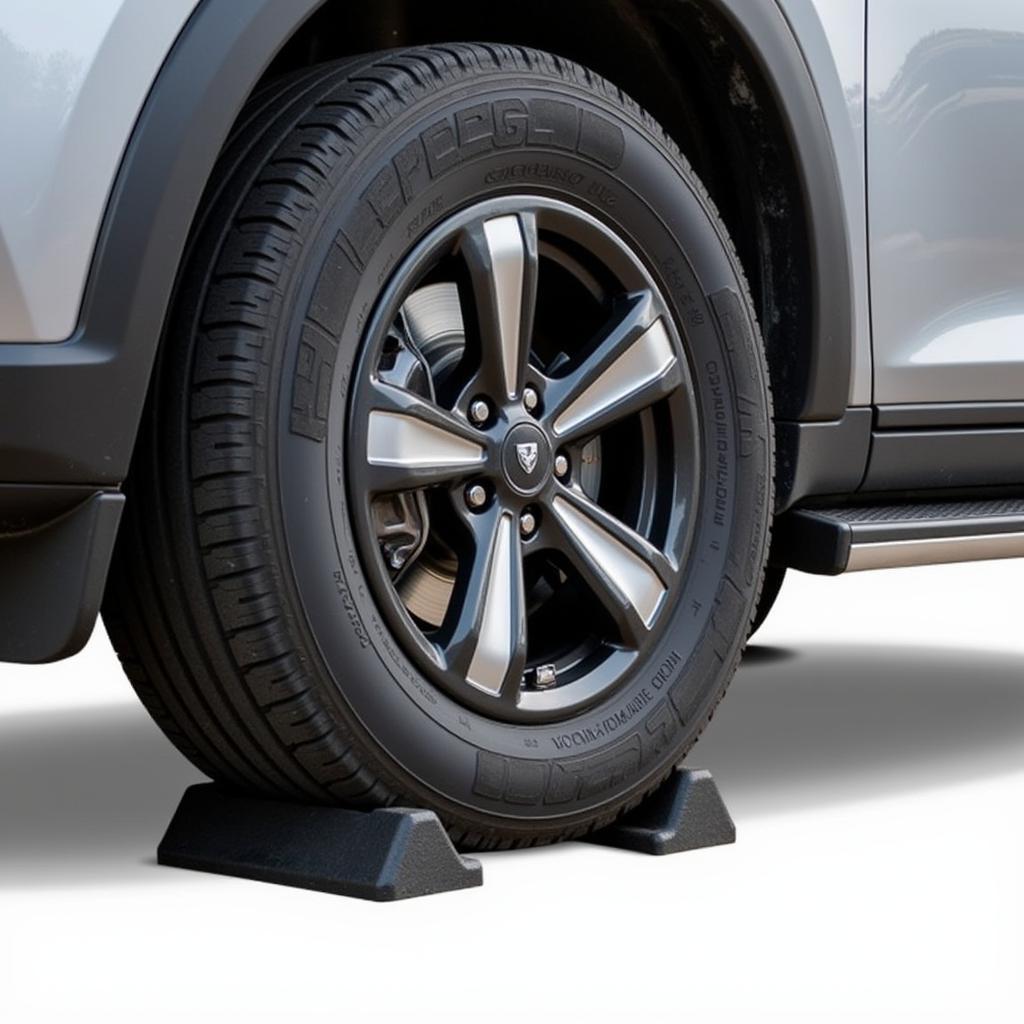The expansion valve plays a crucial role in your car’s air conditioning system, regulating the flow of refrigerant to keep your cabin cool and comfortable. When it malfunctions, you’ll likely notice a decline in AC performance or even complete failure. Understanding common problems and their solutions can help you diagnose and fix issues effectively, preventing costly repairs and ensuring a cool, comfortable ride.
Common Car Expansion Valve Problems
The expansion valve, also known as the metering device, is a delicate component that can experience various issues over time. Here are some of the most prevalent problems:
1. Clogged Expansion Valve
This is one of the most frequent issues, where dirt, debris, or refrigerant contaminants can block the valve’s orifice, restricting refrigerant flow. This causes reduced cooling, inconsistent airflow, or a complete loss of AC performance.
2. Stuck Expansion Valve
The expansion valve’s internal components can become stuck due to wear and tear, preventing it from opening or closing properly. This can lead to overfeeding or underfeeding of the evaporator, resulting in inefficient cooling or even damage to the AC system.
3. Leaking Expansion Valve
Over time, the expansion valve can develop leaks, allowing refrigerant to escape. This causes a loss of cooling capacity and potentially harmful refrigerant loss, requiring immediate attention.
4. Expansion Valve Malfunction
Occasionally, the expansion valve itself might malfunction due to electrical or mechanical problems. This can cause erratic behavior, inconsistent cooling, or complete AC failure.
Symptoms of a Faulty Expansion Valve
Detecting a problem with your car’s expansion valve can be challenging, as many symptoms can be attributed to other AC components. However, here are some key signs:
- Reduced Cooling: Your car’s AC system may not cool as effectively as before.
- Inconsistent Airflow: The airflow from the vents may be inconsistent, sometimes blowing cold and sometimes warm.
- Refrigerant Leak: You may notice a hissing or bubbling sound coming from the AC system.
- Odd Smells: You might detect a sweet or sulfurous odor coming from the vents, indicating refrigerant leaking.
- AC Failure: The AC system may completely fail, refusing to blow cool air at all.
How to Diagnose a Faulty Expansion Valve
Diagnosing a faulty expansion valve can be complex and often requires specialized tools and knowledge. It’s best to consult with a qualified technician for accurate diagnosis. However, here are some initial steps you can take:
- Check Refrigerant Levels: If your refrigerant levels are low, it could be a sign of a leak, which may involve the expansion valve.
- Inspect the Expansion Valve: Visually inspect the expansion valve for any visible leaks or damage.
- Check the Expansion Valve’s Electrical System: Ensure the electrical system connected to the expansion valve is functioning correctly.
Repairing a Faulty Expansion Valve
Repairing a faulty expansion valve often requires replacement, as it’s a sealed unit. Here’s how the process typically works:
- Identify the Faulty Valve: A technician will diagnose the problem and locate the expansion valve.
- Evacuate the System: Refrigerant is evacuated from the system to prevent contamination and leakage.
- Remove the Old Valve: The old expansion valve is carefully removed from the system.
- Install the New Valve: A new expansion valve is installed, ensuring proper sealing and connections.
- Recharge the System: The AC system is recharged with new refrigerant to restore optimal cooling performance.
Prevention Tips
While you can’t always prevent expansion valve problems, there are steps you can take to minimize the risk:
- Regular Maintenance: Regularly service your AC system, including inspecting and cleaning the expansion valve as needed.
- Quality Refrigerant: Use high-quality AC refrigerant to prevent contamination and damage to the valve.
- Avoid Overloading the System: Don’t overfill the AC system, as excessive pressure can strain the expansion valve.
Conclusion
The expansion valve is a critical component of your car’s AC system, responsible for maintaining a comfortable cabin temperature. When it malfunctions, you’ll experience reduced cooling, inconsistent airflow, or even AC failure. If you suspect a problem with your expansion valve, it’s crucial to seek professional help for diagnosis and repair.
car aircon problems and solutions
“Remember, a well-maintained air conditioning system not only keeps you cool and comfortable but also contributes to a safer driving experience by maintaining alertness and reducing distractions.” – Dr. William Parker, Automotive Engineer
AutoTipPro is your go-to source for all your car AC needs. Contact us today for expert advice and solutions.
Phone: +1 (641) 206-8880
Office: 500 N St Mary’s St, San Antonio, TX 78205, United States
FAQ
1. What is the expansion valve’s purpose?
The expansion valve regulates the flow of refrigerant, controlling the pressure and temperature of the refrigerant as it enters the evaporator.
2. How often should I service my AC system?
It’s recommended to service your AC system every 2-3 years or as needed.
3. Can I replace the expansion valve myself?
While technically possible, replacing the expansion valve is a complex procedure that requires specialized tools and knowledge. It’s best to leave this task to a qualified technician.
4. How much does it cost to replace an expansion valve?
The cost of replacing an expansion valve can vary based on the car make and model, but it generally ranges from $200 to $500 or more.
5. What are the signs of a refrigerant leak?
Signs of a refrigerant leak include reduced cooling, inconsistent airflow, hissing or bubbling sounds from the AC system, and a sweet or sulfurous odor coming from the vents.






Leave a Reply